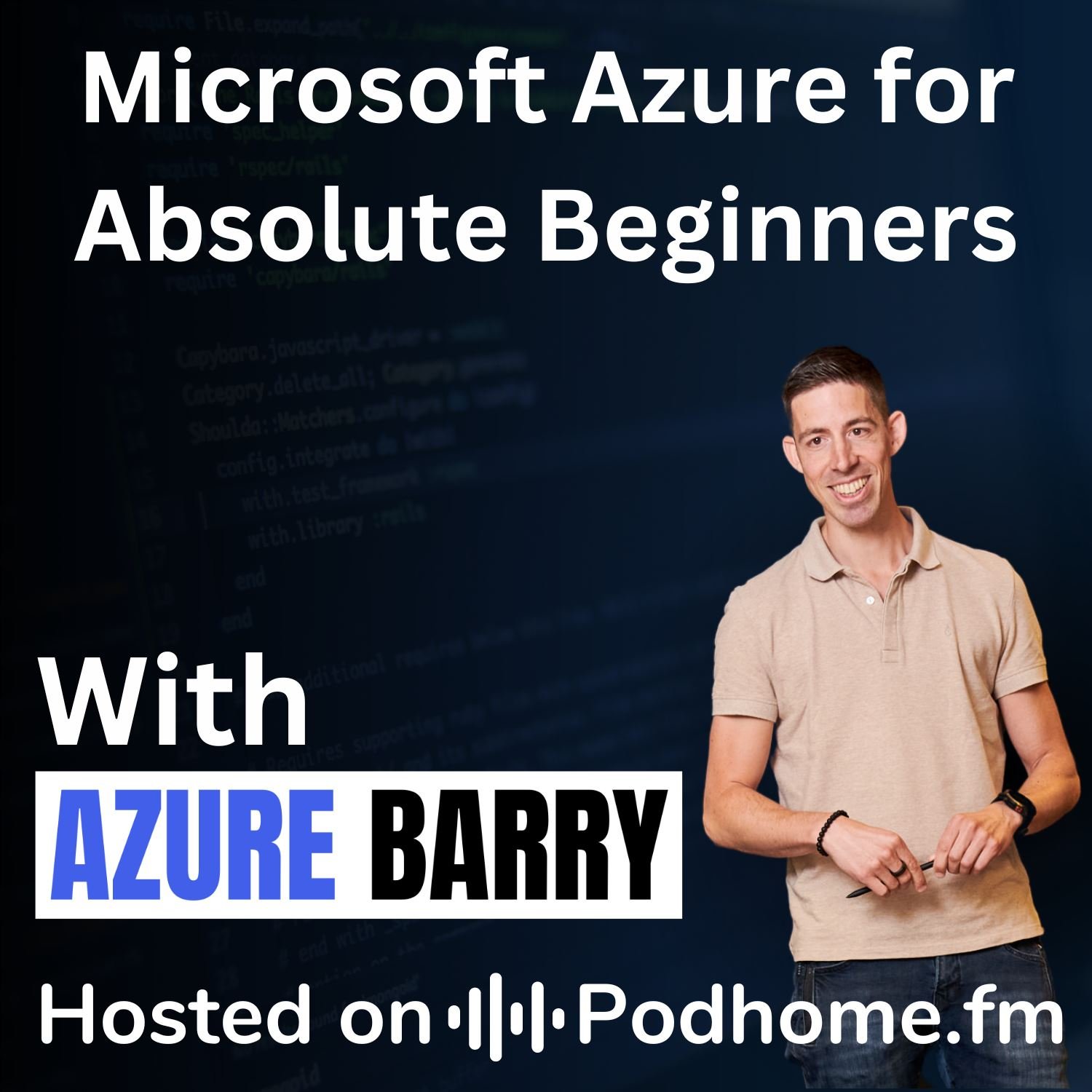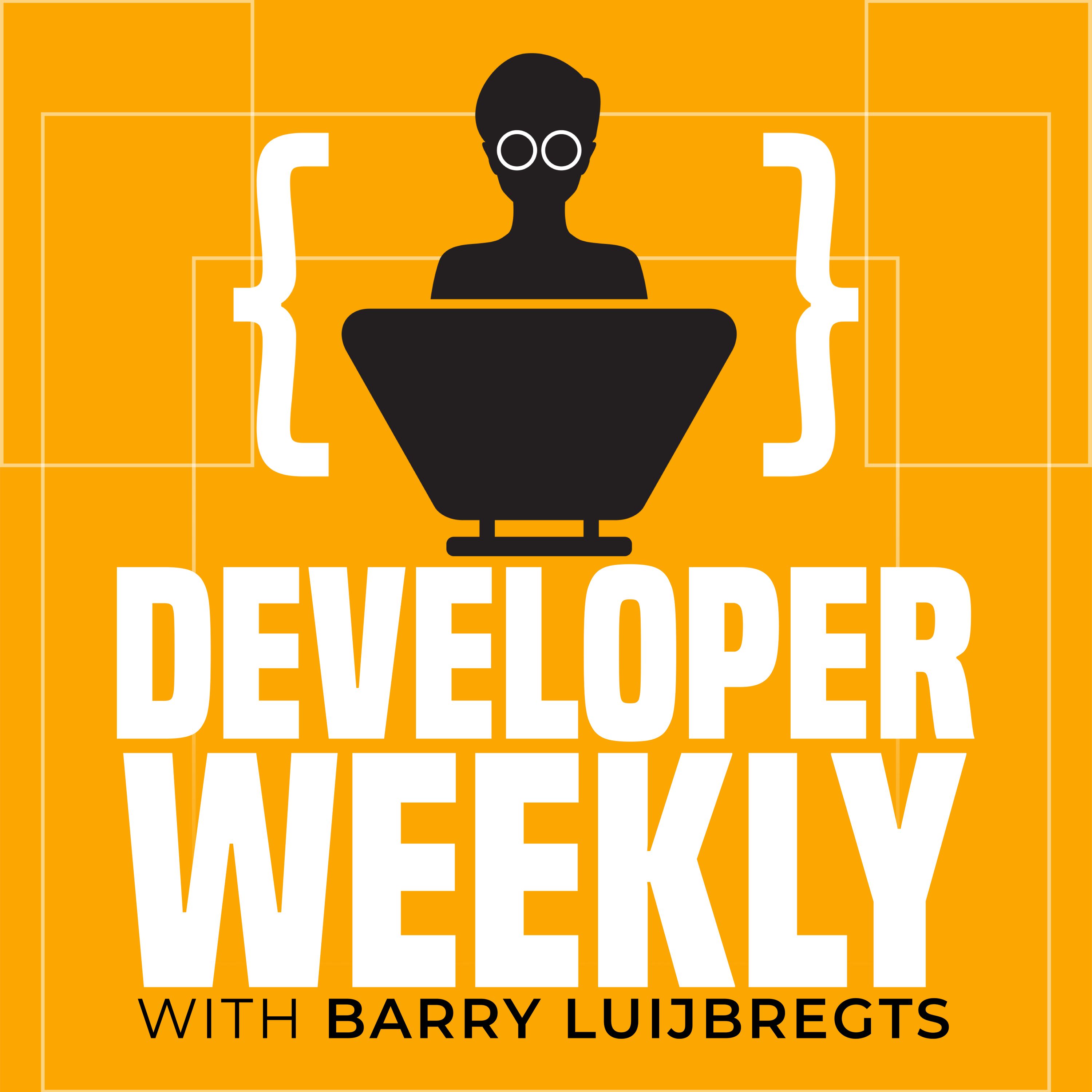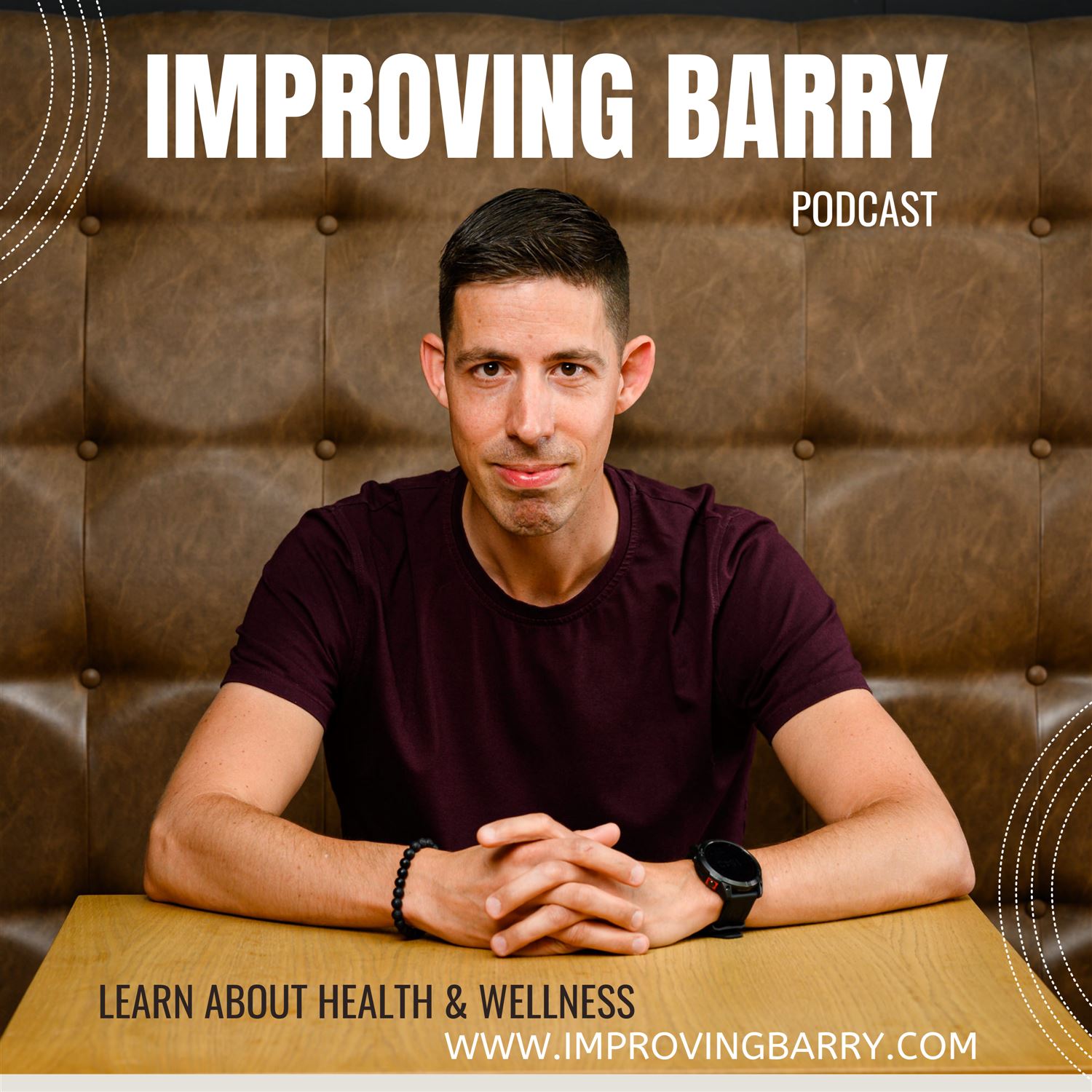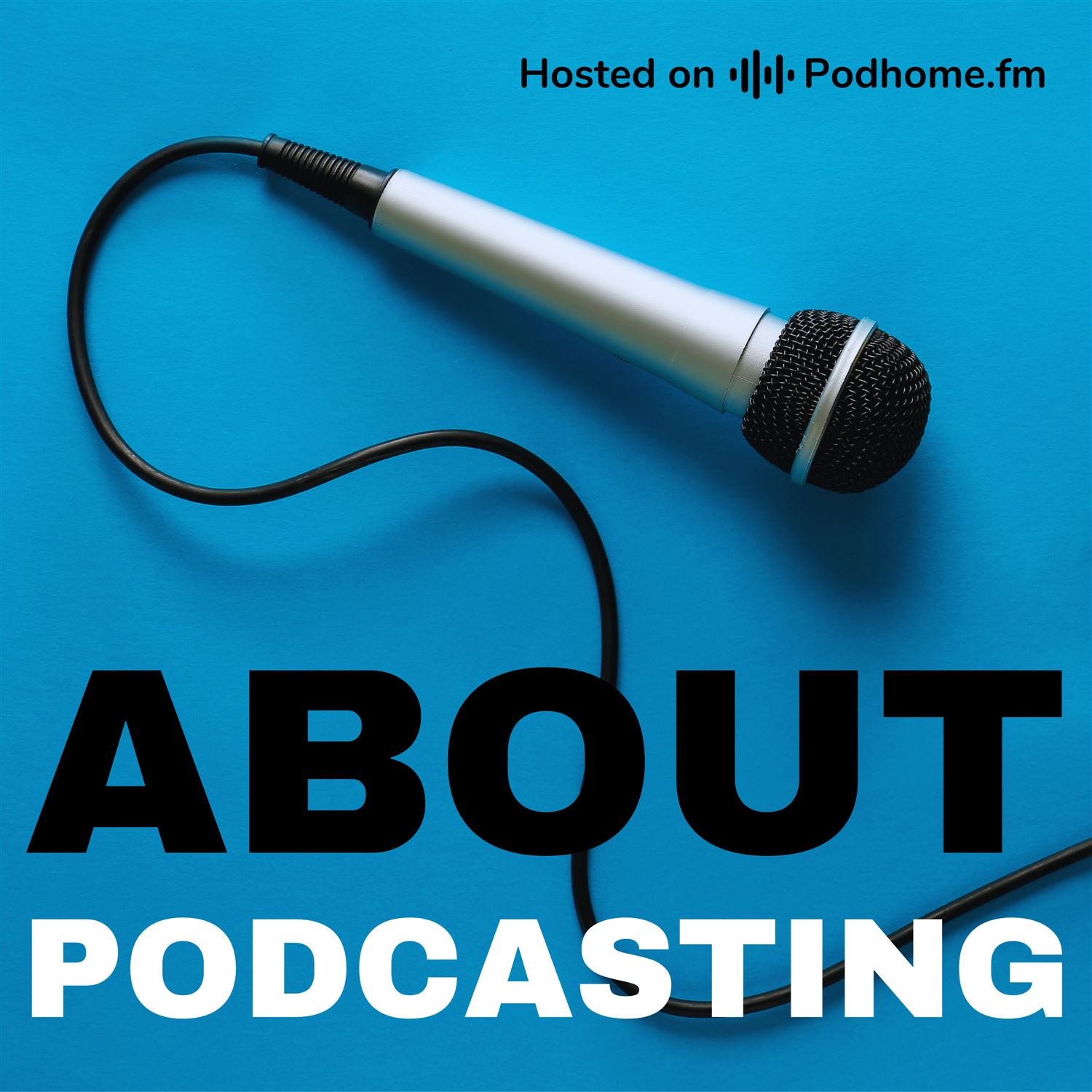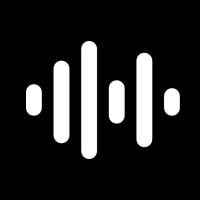Welcome to another episode of About Podcasting, hosted by Barry from Pod Home. In this episode, Barry delves into the basics of podcasting, providing a high-level overview of what a podcast is, the role of podcast directories, and the function of podcast apps and hosts. Barry emphasizes the importance of understanding these elements to navigate the podcasting world effectively.
Barry shares his personal definition of a podcast, highlighting its audio-centric nature and its role in storytelling, education, and entertainment. He discusses the primal connection humans have with storytelling and how podcasts fit into this tradition. Barry also touches on his own podcast listening habits, using them as a tool for learning and entertainment.
The episode further explores the technical aspects of podcasting, such as the significance of RSS feeds in distributing podcasts and the various podcast player apps available. Barry explains how these apps use RSS feeds from different podcast directories to provide listeners with content. He also mentions the importance of choosing the right podcast hosting platform to simplify the process of creating and distributing a podcast.
Barry concludes the episode with a brief overview of what future episodes will cover, including more in-depth discussions on hosting platforms, player apps, and interviews with industry professionals. The episode ends with a value-for-value song called "Breathe" by Emily Rona.
Welcome to About Podcasting., a show for podcasters. We talk about podcasting practices, tools, successes, and failures mixed with interviews and music. Hosted on podhome.fm, the most modern podcast hosting platform.
[00:00:20] Barry Luijbregts:
And I am your host, Barry. Barry from Pod Home. And today, we will talk about podcast basics. This will be a high level overview where I discuss what is a podcast, what are podcast directories, and what are podcast apps, and also what are podcast hosts, and what do you use all that stuff for. Now we'll discuss more of the podcasting basics in this show, including things about analytics, how to start your podcast, what do you actually need to create a podcast, as in what equipment do you need, what kind of microphone, what else, how do you book guests, and things like that.
And we'll also do interviews with people in the podcasting. Let's call it industry. I don't like that word. But, you know, in the podcasting world, we're gonna talk to podcasters to see why they create their podcasts and what their workflow is and to people that create podcasting tools. It's gonna be very interesting. So today, we'll start with a little background music because I do like that. A little background music because why not? Just because we can. Now, I want to talk about podcasting. Because as a podcaster, it can be very confusing to figure out what all of these things are. Right? So let me first start with the very, very basic thing of what is a podcast?
And this is just what I think is a podcast. Right? So if you if you're looking that up on the Internet, a podcast is something audio or video that can be episodic and that people can listen or watch to. So that can basically be anything really, including, I don't know, a series on Netflix. I don't really agree with that. So what I think a podcast is is an audio only thing optionally perhaps with video for context, but mainly audio only that is about stories. That is somebody telling a story, somebody teaching something, people talking to each other, somebody interviewing somebody.
You know, audio. Humans that are speaking. To me that is what a podcast is all about and that is something very magical. Because listening to somebody's voice triggers something in us, something very primal, I think. You get glued to, to a good voice and to a good story because we've been telling stories throughout human history. Right? We've been doing that, in the caves, presumably, since we've been, Neanderthals, and that's a way that we learn. We learn through stories, by telling each other stories. And podcasts are very similar to that.
I personally use podcasts to learn. Right? I listen to lots of podcasts. I listen to, I don't know, 15 hours a week easily, sometimes more. You know, I walk around the house with with, my headphones on sometimes, even when I'm taking care of the kids. Just listening to podcasts because I wanna wanna catch up, and there's a lot to catch up on. So I I use it to learn myself about all sorts of things, about health, economics, politics, technology, you name it, because everything that you can think of is out there. I also use it to be inspired by people that talk about something and just sometimes just to be entertained. Right? Just listening to 2 or 3 people having a conversation makes me feel that I'm part of that conversation somehow.
I'm a fly on the wall of that conversation, and that can just be very entertaining just to play it in the background. So to me a podcast is an audio only thing that I listen to to learn or to be entertained. And for me it has a very specific use case. So I can listen to a podcast whilst I'm doing something else. Whilst I'm working, whilst I'm driving, whilst I'm, doing shopping. I don't know. Whilst I'm cleaning. So I just put my headphones on and listen to the audio whilst I'm doing something. So I'm listening passively and sometimes I tune in. Hey. What what did it what did he say there? Let me just rewind that. And sometimes, video is also a part of that. So video can create context for a podcast, for me at least, sometimes.
So back when, it's not that long ago, Joe Rogan was, on the Spotify app only. I sometimes used to listen to Joe on the Spotify app, which was a very poor experience. But then, I was doing that whilst I was working on my, laptop, and then I could just watch the video as well. I just sometimes looked at the video because that was just right there in the Spotify app on my laptop just to see, you know, what even, the guest looks like. Because sometimes you have no idea what somebody even looks like if you just listen to the voice or what they're doing, what their reactions are. And, obviously, a video creates that context and gives more information.
But I'm not gonna watch a 3 hour video. You know, I just don't have the time for that. So sometimes it's fun. Sometimes it creates content context, but mainly, to me, a podcast is an audio only thing. So that is a podcast. And another important part of something being a podcast is that to me it is distributed through RSS. And that is an open standard which means that you have a feed, an XML document that we call an RSS feed, and that contains links to all of your audio, all of the podcast audio, and all of the other metadata including artwork, chapters, transcripts, titles, descriptions, who is in there, all that type stuff.
So this RSS feed, this technology has been around for a very very long time. And the fun thing is is that it can be used by all sorts of applications. All sorts of apps can ingest such an RSS feed and then use it to, for instance, play a podcast episode. And many apps do this. They're called podcast player apps or podcast apps, and you know a lot of them and you're using one right now, I suppose. So for instance, there is Apple Podcasts, which is comes preloaded on your iOS device, and that's a very widely used podcast player app that takes that RSS feed and in this case from a directory and we'll talk about what that is in a second.
And is able to then play that media file that is linked in that RSS feed. And there's a lot of other podcast apps as well. There's Apple Podcasts. There's a Spotify app. There's YouTube. There's Amazon Music Podcasts, Deezer and there's a lot of modern podcast apps as well. And this is my preferred way to go like fountain. Fm, podcast guru, Podverse, Trufans, PeerTube, CurioCaster and there's a bunch of others. I bet there's hundreds of podcast player apps all over the world. And each one does something else. They have a little bit of more different features.
Some skip over, silences. Some, are able to send monetary boosts, which we'll cover in a later episode. And a lot of them now also support things like chapters, chapter markers, where you can see what is being discussed in an episode and you can skip to that part of the episode. Transcripts as well. Some also show the people that are in the episodes, which is very useful, and that means you can also search on them. So there's a podcast. It is distributed through an RSS feed, XML documents that contains links to all of the data of the podcast, and then there's player apps that can play that.
But these player apps, they get their information from databases. So these RSS feeds are all aggregated into big databases that these player apps read from. This way, they can say, well, these are all the the podcasts that we can search through and that you can use in My Player app. Now these databases, they are also called podcast directories. There's a bunch of them. So for instance, again, with Apple Podcasts has the Apple Podcasts directory. That's a huge database that contains lots of podcasts data, lots of RSS feeds. And apps like Apple Podcasts, they get all of their information from the Apple Podcasts directory.
And there's a bunch of other apps that all get all of their information from the Apple podcast directory. Let me just take a look here on my computer. For instance, Castbox, Pocket Casts, Overcast, Castro, and a bunch of others all directly get all of their information from the Apple Podcasts podcast directory. And there's other directory as well. Spotify, for instance, is their own directory. YouTube also has their own directory. Amazon Music has their own directory. Angami is another directory, and that's more of the in the Middle East and North Africa. There's Deezer, and there's a bunch of others.
And there's also the podcast index, which is also a podcast directory. So a database that contains RSS feeds. And the podcast index is a very special one because this one is open source. Anybody can download a copy of the podcast index on their local computer and use it for whatever they like. So these player apps, they get all of their information, their podcast information, from these podcast directories, and they all do it slightly differently. So Apple Podcasts get it gets it from the Apple Podcasts directory. The Spotify app obviously gets it from the Spotify directory.
The Amazon player gets it from Amazon Music. YouTube Music gets it from the YouTube directory and so on. And these modern podcast apps that I've just talked about, they get their information from the podcast index, which also is a very modern podcast directory because it supports all of these, features. It stores all of these features like chapters and such as well. Now so we have a podcast, right, which is an audio thing to me, can also contain video. We have RSS feeds that live in these podcast directories in these databases, and then that we have these podcast player apps or podcast apps that get all of their information from these directories.
Now if you're a podcaster, you might say, well, that's all fine. But why do I care? Why should I care? And and how do I get my podcast in the hands of people that use these podcast player apps? Because ultimately, that's what you want to do, right? You want to be on a player app that listeners use. Now, to do that, you need to distribute your podcast, so your RSS feed, to all of these directories. Now, this starts by obviously being able to create an RSS feed as a podcaster. How do you do that? You could do it by hand and there's actually people that do that self hosters. They create an RSS feed by hand and then they put their audio files somewhere and link to it. Now, you can imagine that this can be a lot of work and is an advanced thing. Obviously, you need to know what you're doing. You need to be technically, clever to do that.
What most people do is they use a podcast hosting platform. There's many of these out there, including Pod home dot fm, the thing that I'm building. There's also Spotify for podcasters, which is, the thing from Spotify. And there's a bunch others like Libsyn, transistor dot fm, blueberry, buzzsprouts, you name it. And we all do slightly something different, and we all offer different features to podcasters. Now, if you use a platform like that as a podcaster, what you do is you upload your media file, the thing that you recorded, to that platform. So to, let's say, podhome.fm, and then the platform creates an RSS feed for you automatically, an XML file.
You don't have to do anything, to create that. And then you simply pick and choose which podcast directories you want that RSS feed to be in, including Apple Podcasts, for instance, the podcast index, Spotify, you name it. And then from that point on, those directories know about your RSS feed. And every time you update the feed, which happens automatically whenever you update anything about an episode or you you publish a new episode or you update, for instance, your show description. Anytime anything updates, those directories will pull that update in and show it on the podcast player apps, or they can refresh their feeds and show it to to the listeners, so that listeners then can listen to the latest episodes.
So that's kind of how that happens. So as a podcaster, what you need to to make all of this happen, to create an RSS feed and get it into the hands of listeners, is basically a podcast hosting platform, which does all the heavy lifting for you. Right? Now, in future episodes, we'll dive into all of these topics, in a bit more detail, including hosting platforms, player apps, and also, some of the directories. And we'll also talk to some of the people that create these tools for you. So let's recap. You as a podcaster, you create your podcast, your audio thing, which could also include video, and then you upload that into a podcast hosting platform, which then creates an RSS feed. You pick and choose where that thing gets distributed to, which podcast directories, and when it is in a podcast directory, podcast player apps can start to play your episodes.
It's kind of how all this works, and that's all through the magic of this open RSS feed standard, which is great. Alright. That's it for now. I want to end this episode by playing a value for value song called Breathe by Emily Rona.
[00:27:19] Unknown:
Spend so much time trying to climb my way out.
[00:27:25] Unknown:
I'm a failure and I'll tie it, joking on to
[00:28:13] Unknown:
be bad now. Spend so much time trying to climb my way out.
[00:28:23] Unknown:
I'm a failure and I'll tie you
[00:29:10] AI voice:
Thanks for tuning in to the show. For more episodes, go to about podcasting.show, and remember to host your podcast on podhome.fm, the most modern podcast hosting platform.
